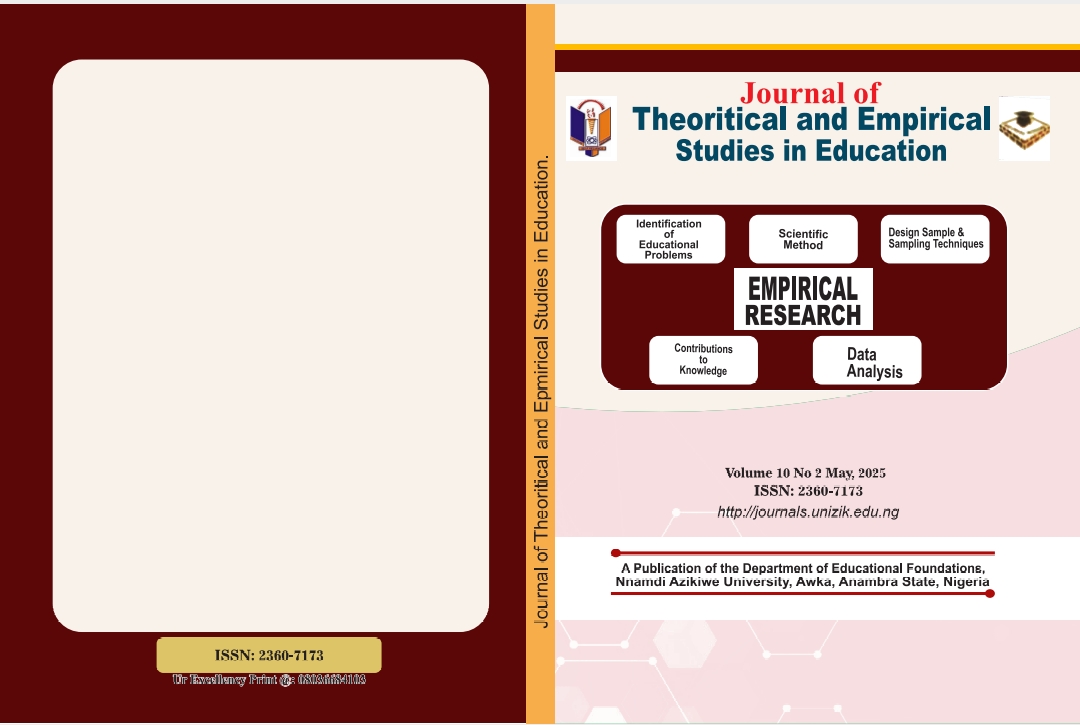Assessment in Inclusive Education and its Role in Promoting Fairness: A Guide to General and Special Education Teachers
Keywords:
Inclusive Education, Fair Assessment, Differentiated Instruction, Universal Design for Learning, Special Education.Abstract
Inclusive education aims to provide equitable learning opportunities for all
students, regardless of their abilities, disabilities, or diverse learning needs. A
crucial component of this educational approach is assessment, which serves as a
tool for measuring student progress, guiding instruction, and ensuring fairness in
learning outcomes. This paper explores the role of assessment in inclusive
education, focusing on how it can promote fairness for both general and special
education students. It discusses the principles of inclusive assessment,
emphasizing the need for differentiated assessment strategies that cater to diverse
learners. The study highlights various types of assessments, including formative,
summative, and alternative assessments, and their effectiveness in inclusive
classrooms. It also examines the role of accommodations and modifications in
ensuring that assessments are accessible and fair for students with special needs.
Challenges such as bias in assessment design, inadequate teacher training, and
limited resources in inclusive settings are analyzed, along with their impact on
fairness in student evaluation. Furthermore, the paper provides practical
guidelines for general and special education teachers on implementing inclusive
assessment practices. These include using universal design for learning (UDL)
principles, incorporating multiple assessment formats, and fostering a supportive
assessment culture that values individual progress over rigid grading systems. By
adopting inclusive assessment approaches, educators can create a fair and
supportive learning environment that enhances student confidence, engagement,
and academic success. This guide serves as a resource for teachers, policymakers,
and education stakeholders seeking to improve assessment practices in inclusive
classrooms. It underscores the importance of fairness in student evaluation and
advocates for assessment methods that recognize and accommodate the unique
strengths and challenges of every learner.




